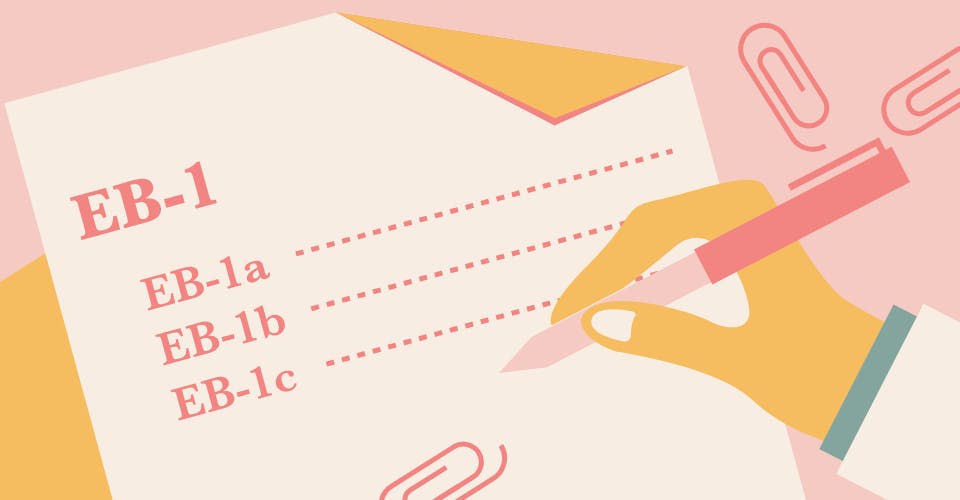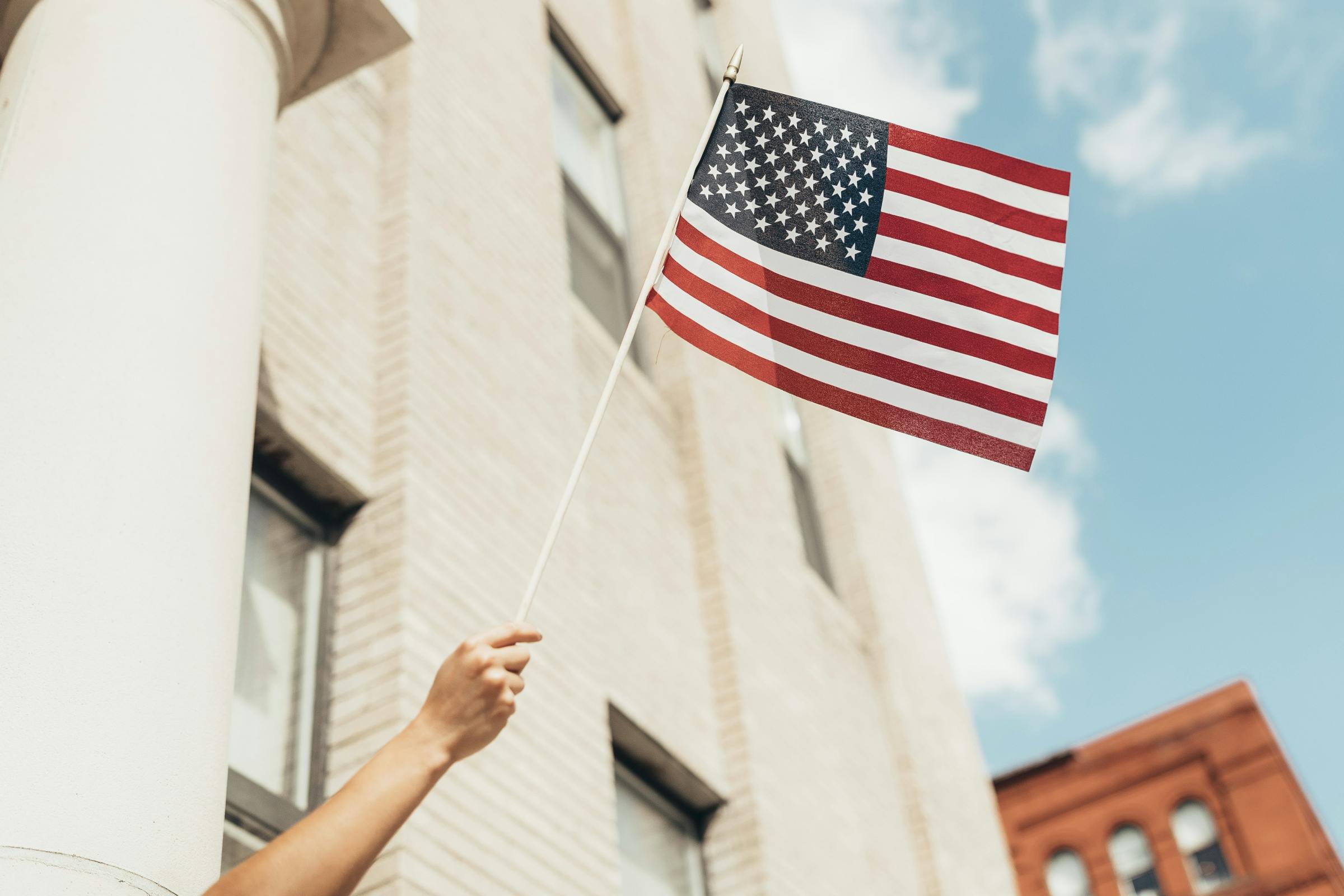Previously on the blog, we have covered EB-2 applicants, as well as EB-2 National Interest Waiver applicants. EB in general stands for “employment-based”. EB-1 is slightly more competitive than EB-2 and can be broken up into three different subcategories, EB-1a, EB-1b, and EB-1c. This blog will cover each of these subcategories.
Note: The EB-1a visa application should not be confused with a national interest waiver (NIW). Even though the EB-1a applicant is a self-petitioner, they are not applying for an NIW, and just because an applicant qualifies for an EB-2 NIW, does not necessarily mean that the applicant would suffice as an EB-1a applicant.
What are the EB-1a Requirements?
This immigration preference category is for foreign nationals who are, through their application, able to demonstrate extraordinary ability in the sciences, arts, education, business, or athletics. Unlike the EB-1b or EB-1c, this application is not required to have an employer, which means that the applicant also does not have to go through the PERM certification process. This makes the EB-1a one of the most competitive applications for employment-based visas to the United States.
Here are some of the ways one would qualify for being and provide evidence of their “extraordinary” ability:
- Receipt of an international award or recognized prize for a certain excellence
- Receipt of a high salary that is normal for someone in the field (i.e. professional athlete salary)
- Evidence of original contributions through publication/scholarship in the fields of science, art, or humanities
- Receipt of membership in an association that requires outstanding achievements as a condition of being admitted to such an association
What are the EB-1b Requirements?
Unlike the EB-1a, the EB-1b is still part of the first EB-1 category but is reserved for professors and other academics. Such candidates for the EB-1b must have at least 3 years of experience in teaching or research in the academic area they are applying for. In addition, the visa applicant (or grantee) must be entering the United States in order to pursue tenure or tenure track teaching or a comparable research position at a college, university, or private employer.
The Eb-1b is also different from the Eb-1a because it is not a self-petition application. In other words, in order for an individual to receive the Eb-1b, they need to be the beneficiary of an I-140 Petition that is approved on their behalf. From this point, if the applicant is abroad, they will go through normal consular processing procedures until a visa is issued on their behalf.
Similar to the above, the applicant must show that they have extraordinary capabilities in their field. Some evidence that might be required for such an application include the following:
- Evidence of published material in professional publications written by others about the alien's work in the academic field
- Evidence of participation, either on a panel or individually, as a judge of the work of others in the same or allied academic field
- Evidence of authorship of scholarly books or articles
What are the EB-1c Requirements?
The last sub-category for EB-1 is the EB-1c, which applies only to international managers or executives (such as CEOs). Normally, the EB-1c immigrant visa is awarded to individuals who have been employed abroad by a qualifying entity/business but is then transferred to a U.S. branch office or headquarters in a managerial or executive capacity for a permanent role.
The EB-1c applicant needs to have been working outside the U.S. for at least 1 year in the 3 years preceding the I-140 petition submitted on their behalf. In addition, the U.S.-based petitioner needs to have a qualifying relationship to the business you worked for abroad and intends on employing you in a managerial or executive role once present in the U.S.
One of the most important requirements for this type of visa is for the U.S.-based employer to guarantee that they will be able to pay the beneficiaries' wage as of the priority date. The employer in question can use an annual report, federal tax return, or audited financial statement for such evidence.














